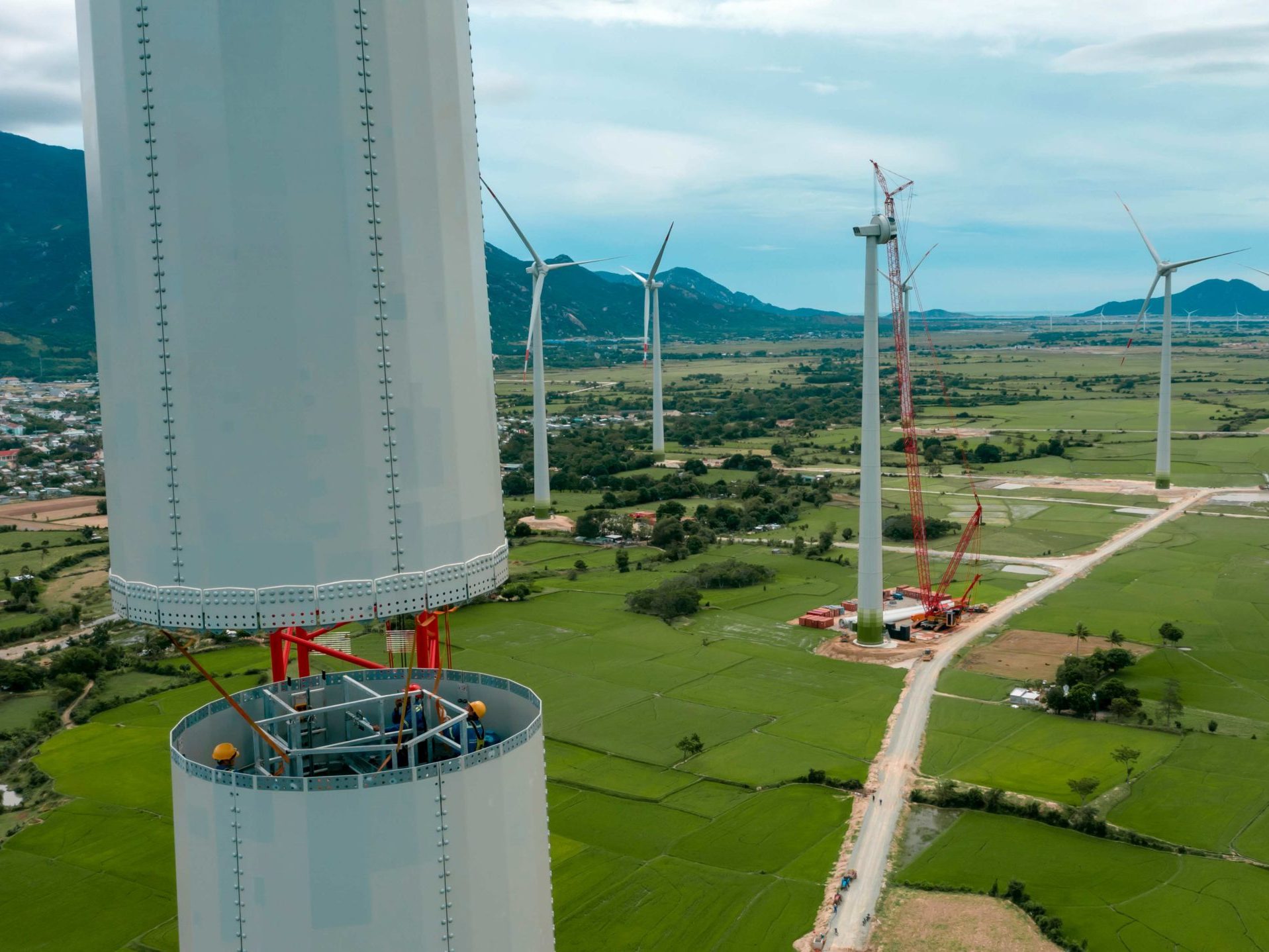Labour Forecasting Tool Overview
Welcome to the Labour Forecasting Tool (LFT) – a resource for exploring workforce trends.
This informative resource is designed to provide insights into workforce numbers across regions and sectors up to 2035.
The tool offers a glimpse into workforce dynamics and potential future demand.
The LFT has been developed by the ECITB and Whole Life Consultants with the support of an industry technical reference group comprising key industry stakeholders.
As we move forward, your feedback and additional data through our ongoing work will contribute to its refinement and further utility in addressing workforce planning challenges within the sector.
Sectors covered by the LFT
Chemicals
Oil & gas
Food and drink processing
Water treatment
Conventional power generation
Nuclear
Renewables
Offshore wind
Hydrogen
Carbon capture
Offshore wind has been considered separately from the renewables category due to the size of the sector and to reflect the fact that the underlying data for the former is gathered from a different mix of internal and external sources.
The available data for hydrogen and carbon capture is limited and the LFT demand in these sectors is based on the assumption that the skills required are similar to those needed for other ECI sectors.
This methodology is obviously limited in many ways. Results for hydrogen and carbon capture will improve as new data become available, including through the 2024 ECITB Workforce Census.
Labour Forecasting Tool outputs
This current version of the LFT contains forecast demand data by region, sector and occupational group.
The geographic data is based on the location of the project installation, rather than the location of the entire workforce.
Therefore, the demand in a specific region does not necessarily imply that all the demand will occur in the region.
For example, 1,000 workers may be needed for a project in Wales, but part of the office-based workforce may be employed elsewhere. In this case, the LFT links the 1,000 workers to Wales.
The occupational groups were originally directly derived from the 2021 ECITB Workforce Census. For more information on the content of each occupational group, please refer to Annex B of the Overview of the engineering construction industry.
More detailed occupational data will be released by Spring 2025 from data gathered in the second iteration of the Census.
A note of caution
Please be aware that any decisions regarding workforce planning made using this tool should be taken with caution. The ECITB cannot be held accountable for any losses or liabilities that may result, whether directly or indirectly.
Get in touch
For more information on the tool and for enquiries regarding more specific analyses, please get in touch with the ECITB research team.
We are also keen to get your feedback on the Labour Forecasting Tool.
If you are happy for us to contact you to get your views on the tool or to provide updates on future development please email:
Launch the Labour Forecasting Tool
LFT insights and dataSign up for updates
Your information will be used to subscribe you to our e-newsletter.
For more information, please see our Privacy Notice.





